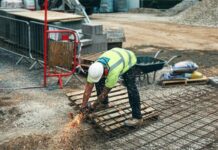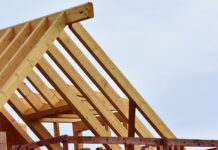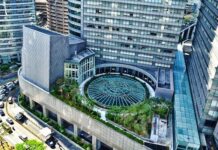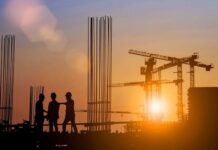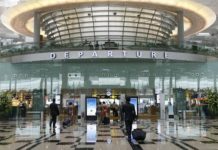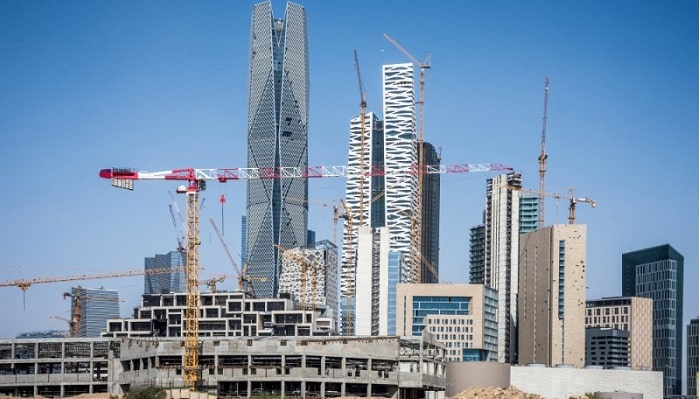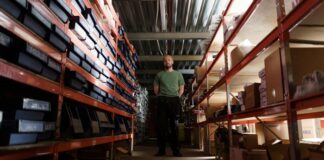Saudi Arabia is implementing a range of austerity measures following the announcement on 11 May that the Kingdom posted a $9bn budget deficit in the first quarter of 2020. The central bank’s foreign reserves fell in March to their lowest since 2011, while oil revenues in the first quarter fell 24% from a year earlier to $34bn, dragging total revenues down 22%.
Amid the worsening situation with regards to the Covid-19 outbreak and the decline in oil prices, the government decided to raise value added tax (VAT) from 5% to 15%, effective 1 July, and to suspend cost of living allowance paid to state workers starting from 1 June, according to Saudi Press Agency (SPA). According to the ministry of finance, the tax increase will not have much impact on revenue for 2020 because people are spending less under the curfew, but it will shore up the government purse for the coming years as the world recovers from the pandemic crisis.
The Kingdom is rationalising its spending due to the unplanned fiscal and monetary policies to support the health sector and the overall economy and mitigate the economic effects of the pandemic and plunging oil prices. Earlier in May, authorities announced that they will reduce spending in non-priority areas of the 2020 budget by SAR50bn ($13.3bn), accounting for 2% of GDP, to accommodate some of the initiatives announced in response to Covid-19 so that overall spending for 2020 remain close to what was planned. To further improve spending efficiency, a ministerial committee has been established to study the financial benefits paid to all employees, contractors, and entities that include the Vision 2030 programs, and present its recommendations within 30 days.
Delayed capital spending for Saudi Arabia
The Saudi Government’s revenues will suffer from the low oil prices and this will likely impact the government’s economic spending programme and mega infrastructure projects in the pipeline. In the short- to medium-term, the government’s diversification drive will be severely disrupted. Saudi Arabia will cut some allocations for Vision 2030, with a total cost of SAR100bn ($26.6bn). Delays in awarding contracts among other tough measures could push back the execution of high-ticket projects under Vision 2030. The construction of both the tourism hub on the Red Sea and the Neom entertainment city outside of Riyadh will have their timelines extended as announced by the finance ministry. Social infrastructure and oil and gas projects now have the highest priority in terms of investments, but the pace of spending will slow.
Construction on major commercial work, especially in the hospitality sector, is likely to face delays or cancellations. Religious tourism suffered a setback when the Kingdom took the decision to close off the holy cities of Mecca and Medina to everyone, thus barring Umrah during the holy month of Ramadan and the high likelihood of cancelling the annual Hajj pilgrimage. Tourism generates very high revenues (almost four million tourists per year), due in particular to the Hajj. The Kingdom’s tourism ministry announced that it expects the tourism sector’s revenues to decline by 35%-45% this year, compared to 2019, due to the containment measures taken by the government to fight the pandemic. Reflecting these developments, major religious-tourism expansionary projects are at most risk, notably the third phase of the Grand Mosque in Mecca has been paused. The entertainment sector will also have a set back as social distancing gets prolonged. One of the main goals of the country’s Vision 2030 is to increase Saudi household spending on domestic entertainment from 2.9% to 6% of total expenditure. There are 140 cinemas planned to open in 30 malls across the Kingdom, with the contagion going on, construction will be slow in this sector. Saudi Arabia plans to diversify its oil-dependent economy through tourism, with the sector expected to contribute to 10% of gross domestic product by 2030.



